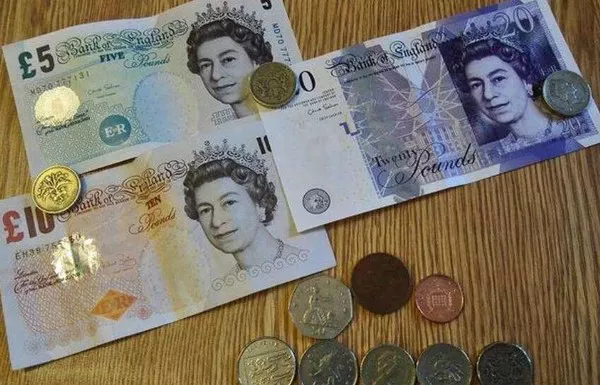The exchange rate between two currencies, such as the British pound and the US dollar, is determined by a wide range of economic factors. While there are many different reasons why one currency might be stronger than another at any given time, there are several key factors that have contributed to the relatively strong position of the pound compared to the dollar in recent years.
-
Economic Stability
One of the key drivers behind the strength of the British pound is the relative stability of the UK economy. Despite the challenges posed by Brexit, the UK has managed to maintain a relatively stable economy with low levels of inflation and unemployment. This has helped to boost investor confidence in the country, which in turn has led to increased demand for pounds on the foreign exchange markets.
-
Political Stability
Another important factor contributing to the strength of the pound is political stability. Despite the upheaval caused by Brexit, the UK has maintained a relatively stable political environment in recent years. This has helped to reassure investors that the country is a safe place to invest, which has led to increased demand for pounds.
-
Interest Rates
Interest rates are also an important factor when it comes to currency exchange rates. Higher interest rates generally lead to a stronger currency, as investors are attracted to higher returns on their investments. In recent years, the Bank of England has maintained relatively high interest rates compared to the US Federal Reserve, which has helped to support the value of the pound.
-
Trade Balance
The trade balance between two countries can also have a significant impact on their respective currencies. A country that exports more goods and services than it imports will typically have a stronger currency, as it generates greater demand for its currency on the foreign exchange markets. While the US has traditionally been a net importer of goods and services, the UK has maintained a relatively balanced trade relationship with other countries around the world. This has helped to support the value of the pound compared to the dollar.
-
Central Bank Actions
Finally, the actions of central banks can also have a significant impact on currency exchange rates. In recent years, the Bank of England has pursued a relatively hawkish monetary policy, which has helped to support the value of the pound. By contrast, the US Federal Reserve has pursued a more dovish policy, which has led to lower interest rates and a weaker dollar.
Conclusion
In conclusion, there are many different factors that contribute to the relative strength of one currency compared to another. In the case of the British pound and the US dollar, the stability of the UK economy and political environment, high interest rates, a balanced trade relationship, and the actions of the Bank of England have all helped to support the value of the pound compared to the dollar in recent years. While there are no guarantees when it comes to currency exchange rates, understanding these key factors can help investors make more informed decisions about their currency trades.


